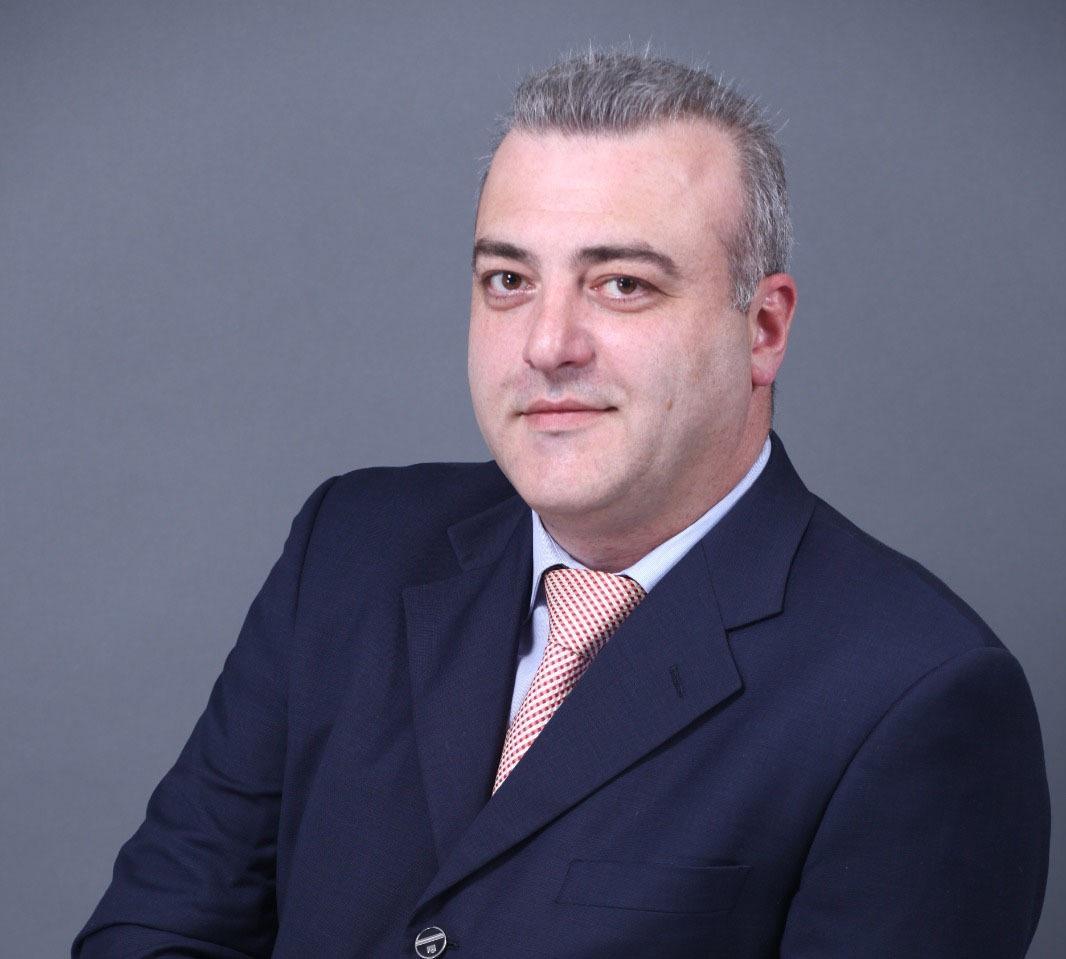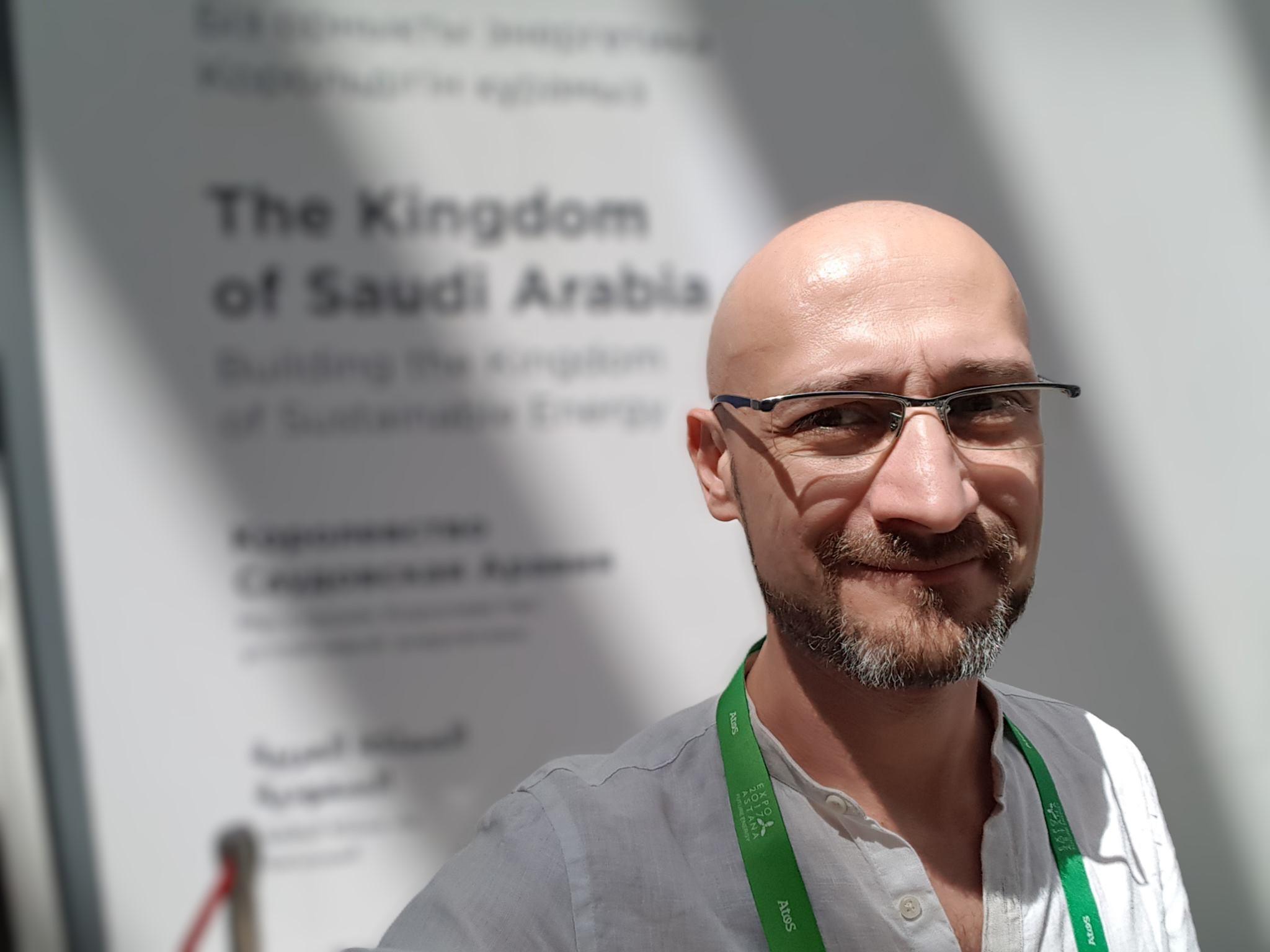Georgian people ready to fight for Motherland, but not to die for NATO Experts’ opinions for Caliber.Az
The Georgian parliament has overcome the presidential veto on the law on “Transparency of Foreign Influence,” which caused the West’s harsh criticism.
The US and EU have greatly increased pressure on Tbilisi. All arguments, including tools of pressure that are more like threats, have been used.
Georgia is threatened with sanctions, the abolition of the visa-free regime with Europe, and even Georgia’s application to join the EU may be reconsidered.
What do the Georgian people and experts think about Western ultimatums? The Georgian political analysts shared their views for Caliber.Az.

Georgian international affairs expert, political analyst Irakli Gogava said that big pressure is being exerted on Georgia.
“I don’t remember such a pressure. We have seen the main enemy. After all, this law mainly neutralises the fifth column [a group of people who undermine a larger group or nation from within, usually in favour of an enemy group or another nation],” he said.
He noted that the coups d'état are carried out through these people. A huge group of flunkies of foreign centres of influence has been formed in Georgia over 30 years.
“About 20,000 people get money from abroad and every day they try to influence policy, the information field, the agenda of society and, most dangerously, they are imposing an ultra-liberal new ‘normal situation’ that is alien to the Caucasus,” he said.
“Now I see that Georgian society has consolidated, intelligent people understand everything, and people have decided to support the authorities in this issue. There is a real battle in the information field, in the media, in social networks,” he added.
“The colour revolutions have two mandatory conditions: first, the government must falter and lose unity, that is, people making protest statements must leave their positions, and second, the majority must remain silent,” Gogava said.
He noted that one clever person said that a revolution is made by an active minority when the majority is silent.
“So the government maintained unity, and only four mid-level officials wavered while the majority went on the offensive. The coup attempt failed,” the political analyst said.
“Our people demonstrated their support for the authorities. I will mention some figures that show the real balance of forces. The protesters brought 38,000 supporters to the rally, while 200,000 appeared at the government rally,” Gogava added.
“Some 158,000 people attended the Family Holiness Day, organised by the Georgian Orthodox Church. There are 161,000 students in Georgia, but only 8,000 students, that is, five per cent of the total number, participate in the fifth column protests,” the political analyst said.
“Proceeding from sociology, 80 per cent of people stand for transparency of foreign influence, 20 per cent of people - are against. Survey participants answered the question about willingness to see Georgia as a member of the European Union if this implies a green light for the lesbian, gay, bisexual, and transgender people. Only 12 per cent of Georgians answered positively. I think these figures show the attitude of the Georgian people to such a situation,” the political analyst said.
He said that no one in Georgia wants the situation to transform into an anti-Western movement.
“We want to continue developing relations with Europe, but as a sovereign country. Georgia does not need instructions from Western politicians – Georgia is 3000 years old. During 30 years we have studied this capitalist world, the political system, and we ourselves can teach them. The Caucasus is not a place for ultra-liberal nonsense,” the political analyst said.
“I think that here we are protecting not only ourselves, but also the entire Caucasus, they want to turn Georgia into a springboard for the expansion of these ideas to both Azerbaijan and Armenia. However, Georgia will never be under external control,” he said.
He stressed that Georgia’s rebuff to the West shocked the EU and the US. Proceeding from an old habit, they began to rudely interfere in the country’s internal affairs.
“Many ministers of European countries and MPs arrived in Georgia and began speaking at protest rallies. The Baltic politicians and chairman of the Foreign Affairs Committee of the Bundestag Michael Roth were very active,” he said.
“We all understand why all this is important to them. There is a war between NATO and Russia. Western forces want to open a second front against Russia here in Georgia to protect their countries from a direct clash with Russia. Proceeding from sociology, more than 80 per cent of Georgians are ready to fight for their country,” he said.
“We are ready to fight for our country, but we are not going to die for NATO. Let the West look for fools in other place,” he said.
“The Georgian government did not betray its people and country, as Saakashvili did in 2008. People see this and appreciate it. The government will gain a constitutional majority in October at the parliamentary elections —I’m sure of it,” he said.
“The West does not recognise the elections, and I think that we will face another coup attempt. The next attempt will be tougher, with even huge financial support, but the authorities will act tougher, and people will actively protest. Their main resource and schemes have been unveiled, now it will be easier. We understand that peace, statehood and the sovereignty of the country are at stake,” Gogava added.

Another Georgian political analyst Tengiz Javakhadze said that everything is actually very simple.
“Presently, Georgia is passing the most important test for its independence,” he said.
“Everything that has happened over the past twenty years can be called an assault on the statehood of Georgia and its values. For many years, Washington and Brussels dictated their agenda to us, and we accepted it unconditionally,” Javakhadze noted.
“We were in favour of Georgia’s western path, but every year it became more and more difficult. It is obvious that we would have to say goodbye to many things and the 'Western paradise' was only a dream. What is the result of Georgia's real desire for integration with the West?” the political analyst said.
“The conflict with neighbouring countries and economic stagnation are the results. At the moment, people in Georgia are very poor, although it would seem that for so many years we have followed the instructions of the West, lived and accepted the Western values, economic models of the West,” he said.
“The Georgian national values are rather different from the European ones. However, everything was done to approach the West,” Javakhadze said.
“For the first time, Georgia is adopting such a very important law on combating foreign influence. Our country really needs it, simply because we live in a difficult region, located at the crossroads of the interests of the West and the East, the North and the South. Everyone is willing to use Georgia and its society for own interests,” the political analyst said.
“Such a law is simply necessary to protect sovereignty; it will protect from the machinations of external forces. However, the West is not going to accept our concerns, it is not interested in the will of the majority of Georgian society, it stubbornly imposes its game on us shamelessly and very harshly,” he said.
“The West doesn’t even want to understand that Georgia has already lost part of its territory and is still under threat because it once so boldly and openly represented Western interests in the South Caucasus. Presently, we see the Western politicians’ activity in Tbilisi, who participate in protest rallies and incite Georgian youth to clash with the authorities,” Javakhadze said.
“Why do we see such disrespect? For so many years, we have accepted the West’s postulates and instructions. We want to be confident in our security, cooperate and integrate with those partners who do not use Georgia in its big game,” he said.
“It will not be easy. Even if we lose Western preferences, this will be our path and our future, rather than an agenda imposed on us from the outside,” Javakhadze added.








